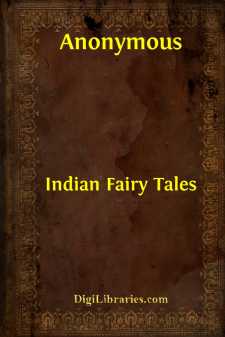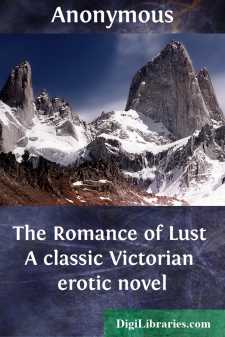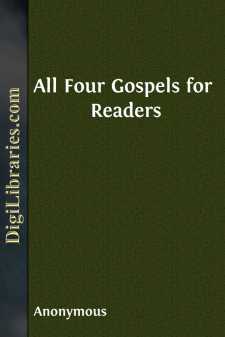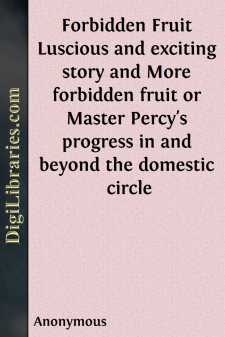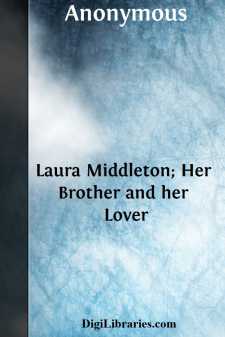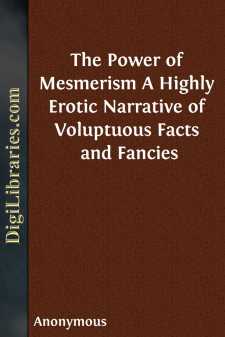Categories
- Antiques & Collectibles 13
- Architecture 36
- Art 48
- Bibles 22
- Biography & Autobiography 813
- Body, Mind & Spirit 142
- Business & Economics 28
- Children's Books 15
- Children's Fiction 12
- Computers 4
- Cooking 94
- Crafts & Hobbies 4
- Drama 346
- Education 46
- Family & Relationships 57
- Fiction 11828
- Games 19
- Gardening 17
- Health & Fitness 34
- History 1377
- House & Home 1
- Humor 147
- Juvenile Fiction 1873
- Juvenile Nonfiction 202
- Language Arts & Disciplines 88
- Law 16
- Literary Collections 686
- Literary Criticism 179
- Mathematics 13
- Medical 41
- Music 40
- Nature 179
- Non-Classifiable 1768
- Performing Arts 7
- Periodicals 1453
- Philosophy 64
- Photography 2
- Poetry 896
- Political Science 203
- Psychology 42
- Reference 154
- Religion 513
- Science 126
- Self-Help 84
- Social Science 81
- Sports & Recreation 34
- Study Aids 3
- Technology & Engineering 59
- Transportation 23
- Travel 463
- True Crime 29
Indian Fairy Tales
by: Anonymous
Description:
Excerpt
INTRODUCTION.
IN almost every part of Europe the tales current among the common people have been of late years diligently sought out, and carefully collected. Variants of them pour in profusely every year. But it does not seem probable that any entirely new stories will be discovered in any European land. Nor is it likely that in fresh variants of the longer and apparently more artificial tales, any quite new incidents, or even any unquestionably novel features, will be found. The harvest has been abundant, its chief fruits are now stored, and the work which is still going on among the gleaners, although in itself good and praiseworthy, may be regarded without the excitement of eager hope. The task of the present seems to be, not so much the garnering of European folk-tales, as their comparison and elucidation, and, so far as possible, their explanation. But in many cases they do not appear to contain in themselves the ingredients which are necessary for their resolution into their primary elements. Nor do the records of the lands in which they exist always supply what is wanted. The “fairy tales” of Europe throw very little light upon, are but slightly illuminated by, the histories of the widely differing lands in which they so closely resemble each other. And the most interesting among them, those which appear most clearly to bear witness to their being embodiments of mythological ideas, or expansions of moral precepts, seem to be but little in keeping with what we know of the sentiments and beliefs of the heathen ancestors of the villagers in whose memories they have been for so many centuries retained. Among such tales of this kind, for instance, as linger on in our own islands, there is but little to be found which can be looked upon as a specially characteristic deposit left by the waves of Iberian, Celtic, and Teutonic population which have successively passed over the face of the land. This statement does not, of course, hold good in the case of such legends about national heroes as Mr. J. F. Campbell has found thriving in Ireland and the West Highlands of Scotland, and which he justly believes to be “bardic recitations, fast disappearing, and changing into prose.” They belong to a different section of popular fiction from that to which reference is now made. It is often difficult to draw the line between these two classes of folk-tales. But there is a striking difference between the typical representatives of the two divisions, between cosmopolitan novelettes like Cinderella or the Sleeping Beauty, on the one hand, and pseudo-historic legends about local heroes on the other. It is unfortunate that we do not possess a sufficiency of accurate designations for the numerous species of the genus folk-tale. Their existence would prevent much misapprehension. But in their absence, a discusser of popular tales should take pains to define precisely to what tribe, family, or group of stories his remarks are intended to apply.
There are to be found, in all European lands, certain tales which are of a more complex structure than the rest, which appear to have been constructed by a skilled workman, to be artificial productions rather than natural growths....


